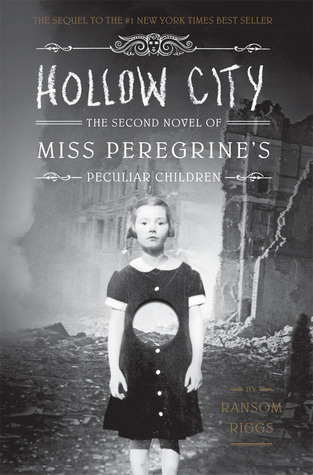The image above was the first “demotivational poster” I ever saw –
back in 2009, according to the date I saved it on my hard drive. There are many
sites devoted to these satiric little beauties, including Despair, Inc., where
the motto is: MOTIVATIONAL PRODUCTS DON'T WORK. BUT OUR DEMOTIVATOR® PRODUCTS DON'T WORK EVEN BETTER.
I had my own experience with demotivation last month. Having
resigned my teaching position (due to despair in the workplace, ironically
enough), I was faced with the task of making writing my full time job. A fairly
well-known YA author suggested the “calendar method” for staying on task. It
basically boiled down to giving yourself a sticker for every 1000 new words
written. At first I laughed at the idea of a former teacher giving herself
stickers. But – I did find some shiny stickers when I cleaned out my desk at
school. What the heck? I thought. I’ll try it.
At first it was great. I usually write late at night, so my
family checked the calendar every morning to see if I’d earned a sticker the
night before. They high-fived me when I got two
stickers in one day.
Then, the inevitable “stuck-point” happened – the thing that occurs several times in every one of my first drafts where I’m not sure what needs to happen
next. I might know the next plot point – just not how to get there. Days went
by. No stickers. Usually, when I need to stop and think about my draft, I know
I skip some writing days, but this time I knew exactly how many days I’d missed. Because of those damn stickers.
No stickers meant I wasn’t writing. No stickers meant I
obviously couldn’t hack it as a full time writer. No stickers meant I was an idiot
to quit my day job. No stickers probably meant I would never finish another book
again! I’d been a full-time writer for less than a month, and I’d already
failed!
Incidentally, during this time period I was conducting a
series of a paid gigs as a visiting author at a summer camp for student writers.
One of the most frequent questions I got was, “How do you combat writer's block?” My answer was always, “Walk away from the project.” I don’t know how
many times I gave that answer before I realized I wasn’t allowing myself to
follow my own advice!
As Matt McNish and Marissa Burt expressed in their excellent blog posts earlier this summer, writing doesn’t always mean putting new words on the page. The most
commonly given advice for full-time writers (in fact, for all writers) is to write
every day.
But “writing” can mean:
- Blogging and making new contacts
- Creating a promotional package for school visits
- Looking up contacts to send the promotional packages to
- Updating your website
- Taking out old stories you never intend to finish just to play with voice and POV
- Re-reading a book that uses a POV-switch you hope to emulate in a future project
- Brainstorming ideas for another story
- Researching Colonel Percy Fawcett’s journey into the Amazon just because you might model a character after him some day
I ignored the demotivational stickers and did all
those things above, which furthered the business
of writing. After about ten days, I started adding words to my WIP again.
And I threw out the stickers.
Goals are good, and so are schedules. Writers should have
those things, but only to the extent that they motivate us and make us feel good
about ourselves and our work. The instant they start to demotivate, they need
to go. If I don’t write new words for a week because I decide to binge-watch
all 4 seasons of The Killing on
Netflix, then yes – I need a kick in the butt. But if I don’t write new words
for a week because I need time to think about my story, then that’s just part
of being a writer.




.JPG)
.JPG)















